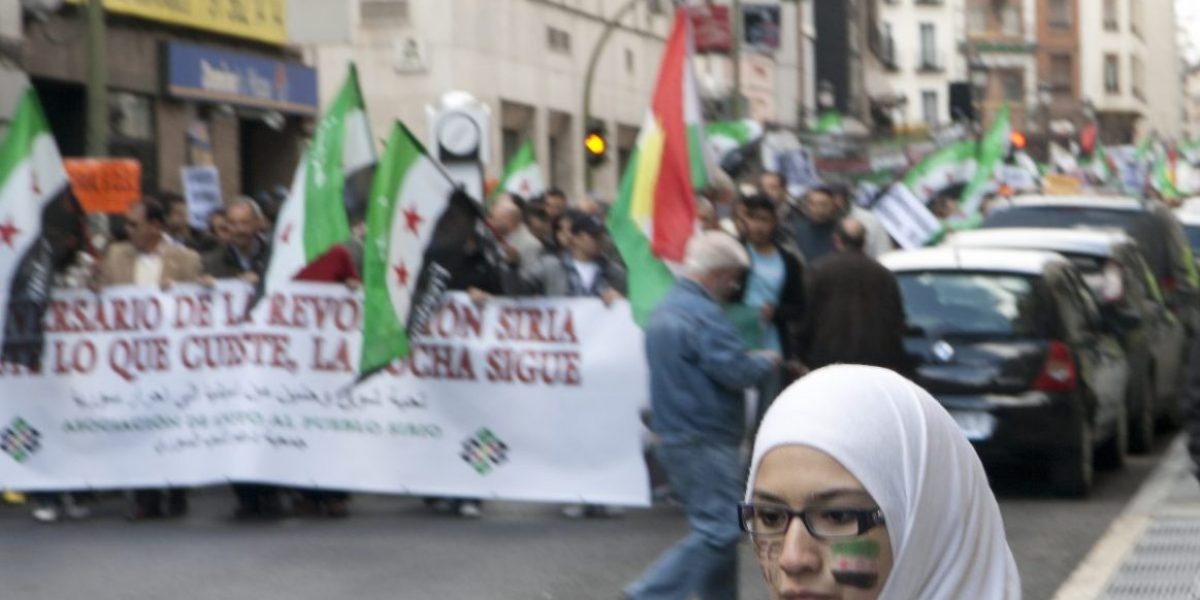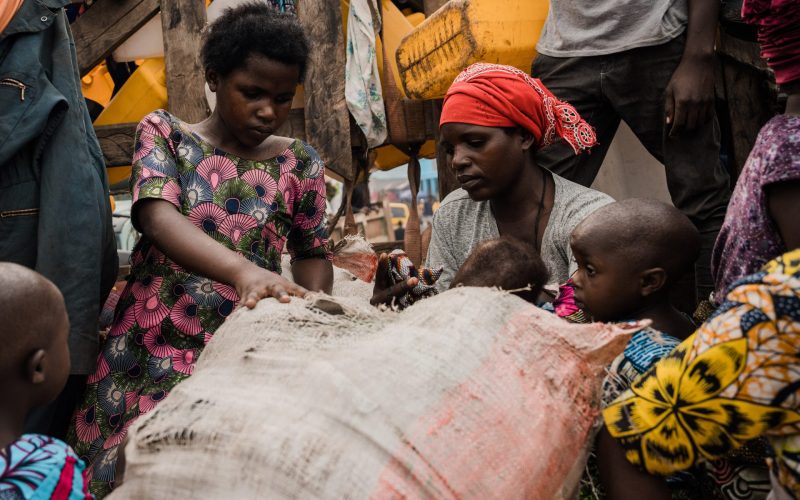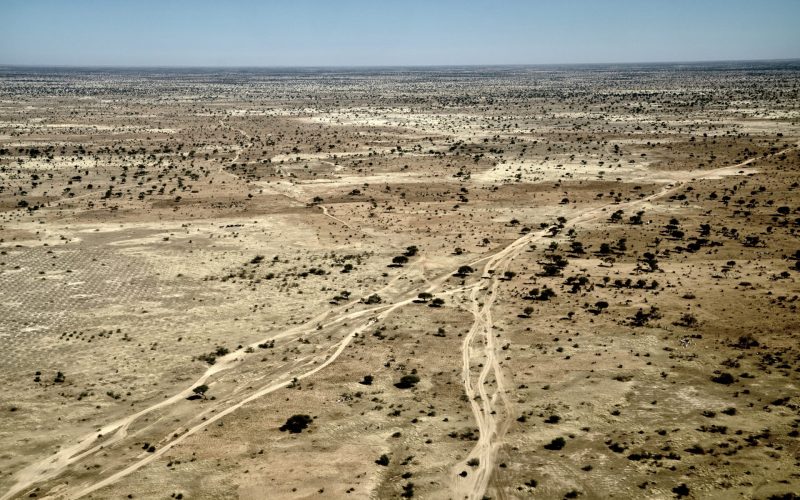For a long time it seemed to be the only remaining large state in the Middle East unaffected by the turmoil and violence of the so-called “Arab spring”. Why was that, I kept asking. And why has it all changed as suddenly as change came to other states in the region and North Africa?
The reason for the apparent stability, I was told, was that power has been tightly held in Syria. Not only do the security forces keep a tight rein on the population, but they have prevented foreign journalists from entering the country. All that is freely available are the clearly manipulated stories from the official media.
Such uncensored information that does reach the outside world passes through the social media, which has played such a critical role in the uprisings that have taken place across the Arab world. As elsewhere, social networking – until cut off by the government – has been used in orchestrating demonstrations and in providing live pictures from the scenes of uprising and violence.
In a TV interview over the weekend, I was pressed by the presenter to say why external powers were reacting differently to the crises in Libya and in Syria.
One idea that jumps to mind immediately is that Libya has major oil resources that European countries have come to rely on since Nelson Mandela helped to negotiate a settlement of the dispute over the role of Libya in the Lockerbie bombing of a Pan Am jet airliner, and after Gaddafi terminated the development of nuclear weapons. Syria, on the other hand, is a relatively poor country with limited oil resources. It is not a major trading nation.
In its region, however, Syria is important and both the world and neighbouring countries have a serious interest in a peaceful outcome in the country. This relates to geopolitics and Syria’s geographic location in the Middle East.
Syria has been described as the hub of the Middle East. To the north lies Turkey, to the east Iraq, to the south Jordan and Israel and to the west Lebanon, and the Mediterranean. While Syria is stable and peaceful, potential problems in neighbouring countries and those further afield are held in abeyance.
The country’s short seaboard is wedged between Lebanon and Turkey. Its only port is Latakia, the home of the ruling family, the Al-Assads, members of a Shiite sect known as the Alawites, in a country with a predominantly Sunni population.
Syria long occupied Lebanon, effectively controlling its government. It has also given support and has acted as a conduit for Iranian assistance to the Shiite Hezbollah movement that controls much of the south of Lebanon, as well as being part of the most recent coalition government in that country.
Just to the south lies Israel, which shares a border with Syria on the Golan Heights, close to Damascus. Despite the fact that the Israelis took the Heights from Syria in the Six Day War in 1967, the border has been peaceful in recent years and the Israelis would not want that situation changed by the policies of a new government in Damascus. Such a government might be radical Islamist, instead of the current secular, if repressive, government.
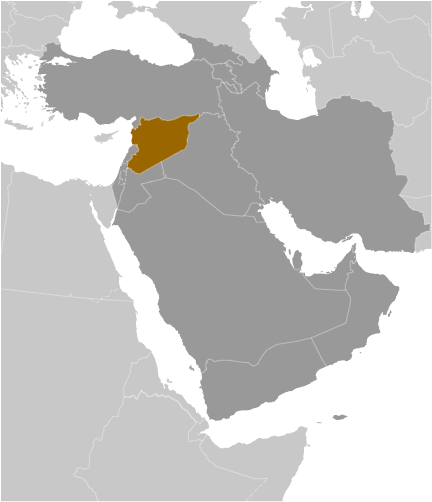
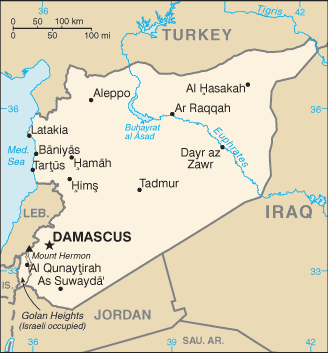
Images: CIA World Factbook
Next comes Jordan. It too has experienced some low-level protest actions since the revolution started in Tunisia and it would not want all-out civil war and regime change in its neighbour to infect its own and provoke something similar.
While Saudi Arabia does not share a border with Syria, it is close enough to be concerned. There have been unproved allegations that the Saudis have assisted the enemies of the current Syrian government.
Ironically, like Israel, Iran, which has supported the Syrian government and used the country as a conduit for aid to Lebanese Hezbollah, would not wish to see a radical Islamist government take control of Syria. Such a development would set back its plans to become a major force in the region, as it would alienate the Arab states of the Gulf region, some of which are themselves threatened by popular uprisings.
The two remaining states directly bordering Syria are Iraq and Turkey. After long periods of mutual hostility, a better relationship exists between each of them and the Assad government. A successful popular revolt in Syria could disturb this relationship and create difficulties for them.
All three, Syria, Iraq and Turkey, have significant Kurdish minorities and instability in Syria could spur the Kurds to step up their struggle for an independent Kurdish state. In addition, the attempts to create a stable government in Iraq could by complicated by the fall of the Syrian government.
All this and the fact that the European Union (EU) and the US have little influence over Syria goes a long way to explain why there has been so little external response.
The US has imposed almost meaningless travel and financial sanctions against some members of the ruling elite and the EU is considering something of the same, plus an embargo on arms sales.
Interestingly, personal sanctions have not been imposed on Bashir al-Assad himself. There is possibly a hope that he will carry out his commitments to democratic reform, made in a speech on March 30, but overtaken by the attacks on demonstrators by the security forces. This raises the question of whether the president is in full control of these forces, which have much to lose from regime change.
Real action, by the outside world, as in Libya, could only take place through the adoption of a resolution of the UN Security Council. But Arab countries do not favour its adoption. Nor does Russia, a long-time friend of Syria, going back to Soviet times. With its right of veto in the Security Council, Russia could stop any such move dead in its tracks.
Some Nato countries are already involved in Afghanistan and more recently Libya. There can be little appetite among their governments, force commanders and electorates for their becoming involved in the troubles of yet another country.
Syria presents a complex situation and one in which speculation about what may happen next could easily be proved wrong.

